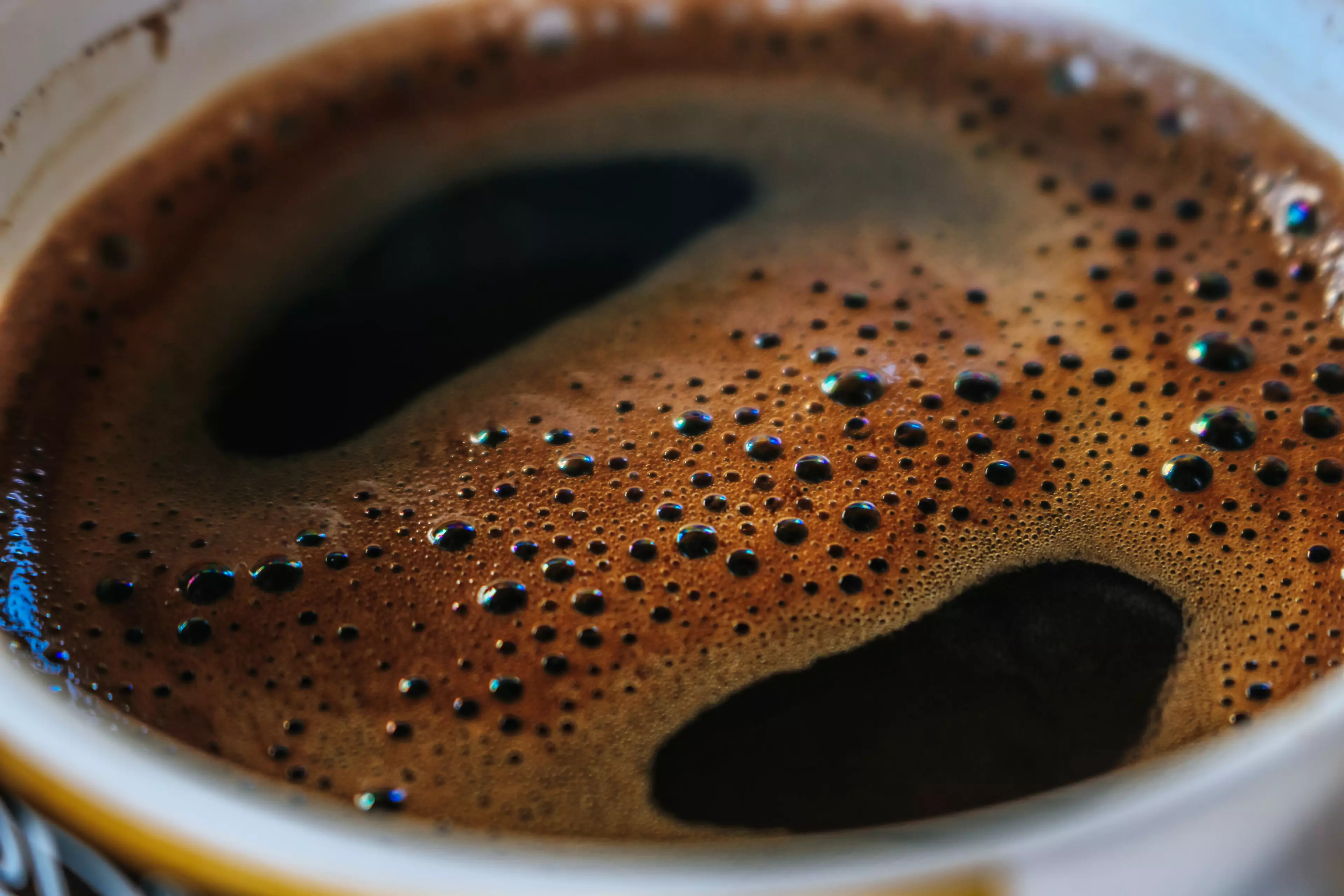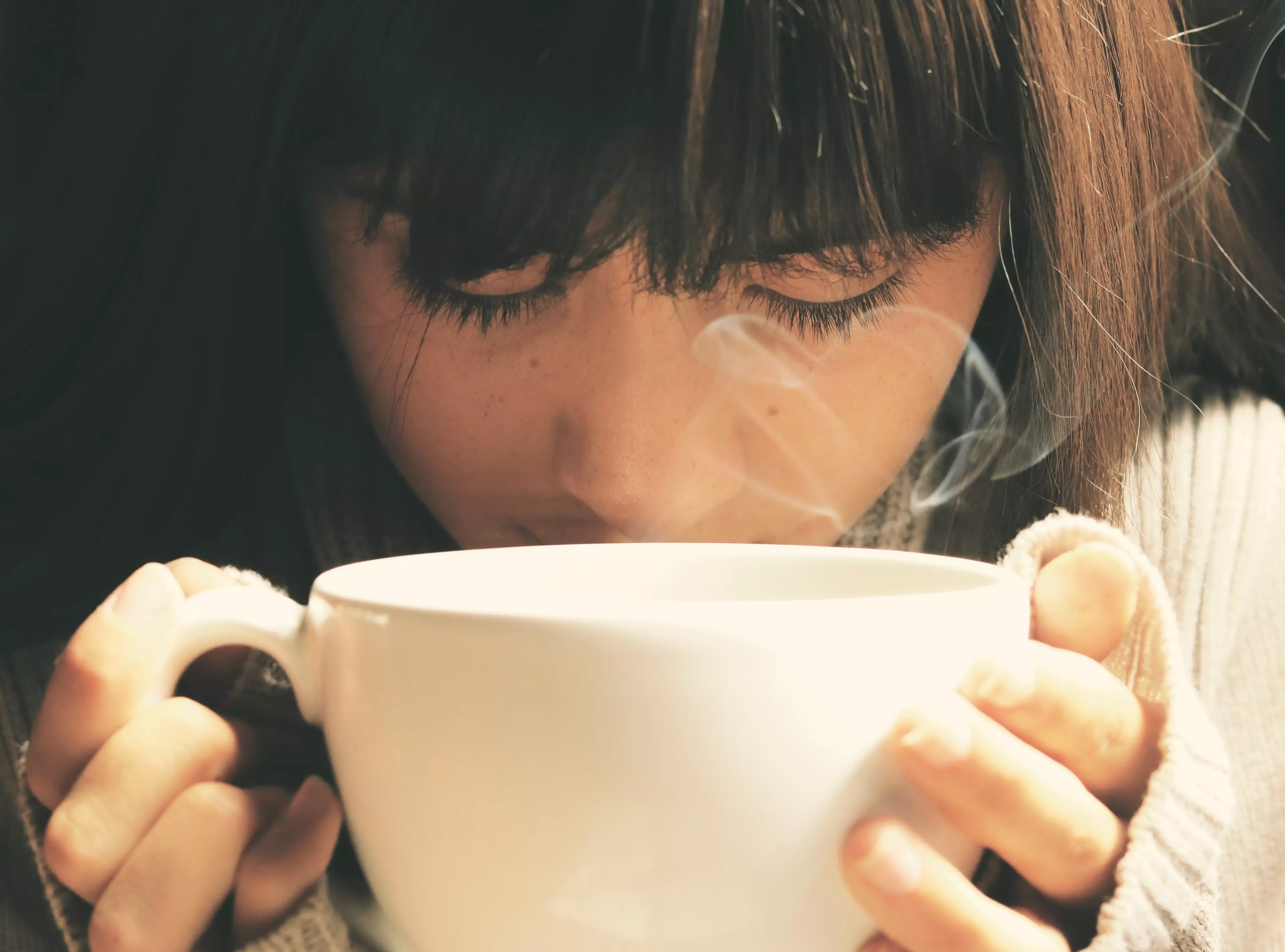
For many, coffee is the elixir of life - or at the least, the only way we're getting through the day. But if you're someone who has already polished off three cups by noon and also gets frequent migraines, you might want to read on.
A new study has found that drinking three or more cups of coffee a day is associated with the onset of a migraine attacks for people who get them episodically. Things are starting to make sense, right?

Advert
The study, published in American Journal Of Medicine, tested 98 adults (86 women and 12 men) who said they get episodic migraine and had them fill out electronic diaries every morning and evening for six weeks.
Each day the participants noted their caffeinated beverage intake, other lifestyle factors and the timing and characteristics of each migraine headache.
The results found there was a "statistically significant nonlinear association between the number of caffeinated beverages and the odds of migraine headache occurrence on that day."
The study, lead by Elizabeth Mostofsky from Harvard University's department of epidemiology, concluded "there was a nonlinear association between caffeinated beverage intake and the odds of migraine headache occurrence on that day. This suggests that high levels of caffeinated beverage intake may be a trigger of migraine headaches on that day."

In other words, if you are prone to headaches, lay off the joe.
Advert
"I was pleasantly surprised to see one to two servings was not associated with the odds of having a migraine headache and it was three or more servings that lead to a migraine on that day or on the following day," Mostofsky told Healthline.
"The other thing that's particularly interesting is that the effect of caffeine is likely to be affected by both the dose and the frequency," Mostofsky said.
Food for thought, eh?
Featured Image Credit: Pexels